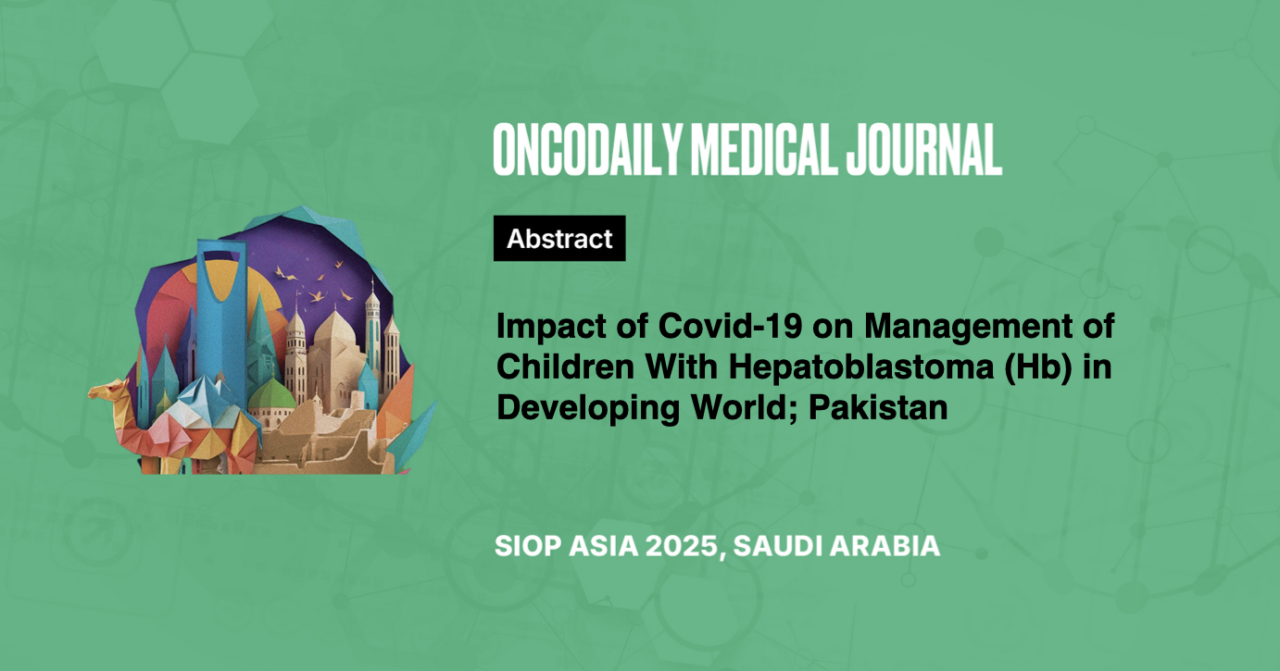Abstract
Background and aims: The COVID-19 pandemic had grave consequences on healthcare systems. The objective of this study is to determine the impact of COVID-19 on clinical presentation management and outcome of children with hepatoblastoma at our institute.
Materials and methodology: This retrospective cohort study was conducted at the pediatric hematology oncology department by selecting Group A from the COVID 2-year period 2017-2018 and Group B during the COVID pandemic in Pakistan year 2020 & 2021. All diagnosed HB during these 4 years were included. Clinical data was collected from record and analyzed by comparing both groups by applying t- test using SPSS version 20.
Results: In group A, 24, and in group B 29 children were enrolled. In both groups, males were predominant with a mean age of presentation 21 -22 months and the majority presented with raised AFP levels >30,000 ng/ml. In group-A 14 (58%) had pretext II,2 (8 %) had pretext III unifocal disease and 2 (8%) with vascular invasion. Group –B had 9 (31%) with pulmonary metastasis, 11 (38%) with vascular invasion, 11 (38%) & 5(17%) pretext II & III, and 8 (28%) pretext IV multifocal disease.
Neo-adjuvant chemotherapy was given to 13 (54%) in group A and 20 (68%) in group B but surgery was done in 12 (50%) in group A and only 9 (31%) in B. Two-year survival rate was 37% with a 64% without abandonment in group A with mean follow up of 30 months while in group B 24% with a 43% without abandonment with mean follow up of 26 months. Treatment was abandoned by 10(41%) and 13 (44%) in groups A & B respectively and 29% mortality in A and 20% in group B.
Conclusion: COVID-19 had a significant impact on our children with HB leading to more advanced metastatic and unresectable diseases posing them with a dismal prognosis.





